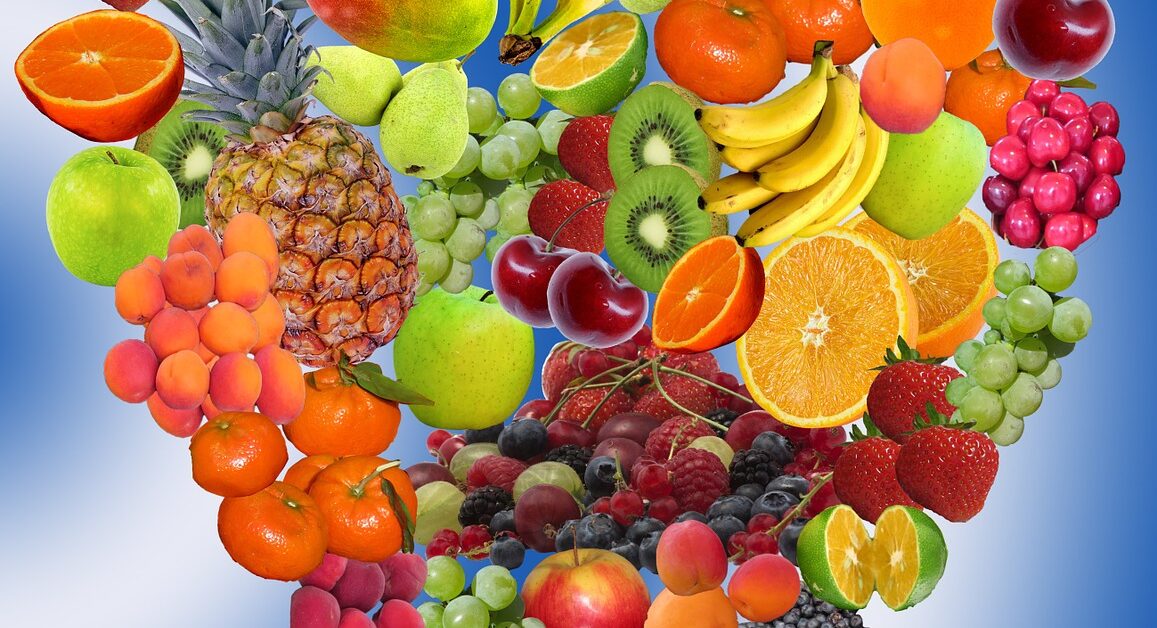Why Collagen is Important for Vegans
Collagen is a protein that plays a crucial role in maintaining the health and elasticity of our skin, hair, nails, and joints. It is the most abundant protein in our bodies and is responsible for providing structure and support to various tissues. While collagen is naturally produced by our bodies, its production decreases as we age, leading to visible signs of aging and joint problems. Many people turn to collagen supplements to replenish their collagen levels, but for vegans, finding plant-based sources of collagen can be a challenge. In this article, we will explore how vegans can obtain collagen through their diet and maintain healthy levels of this essential protein.
1. Consume Foods Rich in Amino Acids
Amino acids are the building blocks of proteins, including collagen. By consuming foods that are rich in specific amino acids, vegans can support their body’s natural collagen production. Some amino acids that are particularly important for collagen synthesis include:
- Glycine: This amino acid is essential for collagen production. It can be found in abundance in plant-based foods such as beans, lentils, chickpeas, and tofu.
- Proline: Foods like soy products, spinach, asparagus, and cabbage are excellent sources of proline, which is necessary for collagen synthesis.
- Lysine: Legumes, quinoa, and pistachios are plant-based foods that are rich in lysine, an amino acid that aids in collagen formation.
2. Include Vitamin C-Rich Foods in Your Diet
Vitamin C is a vital nutrient for collagen synthesis as it helps convert proline into hydroxyproline, an amino acid essential for collagen stability. Vegans can obtain sufficient vitamin C by incorporating the following foods into their diet:
- Citrus fruits: Oranges, lemons, and grapefruits are excellent sources of vitamin C.
- Berries: Strawberries, blueberries, and raspberries are not only delicious but also packed with vitamin C.
- Leafy greens: Kale, spinach, and broccoli are nutrient-dense vegetables that provide a good amount of vitamin C.
3. Consume Foods Rich in Silica
Silica is a mineral that is essential for collagen synthesis. It helps to cross-link collagen fibers, providing strength and stability to the skin, hair, and nails. Vegans can incorporate silica-rich foods into their diet to support collagen production. Some examples include:
- Oats: Oats are not only a great source of fiber but also contain silica, promoting collagen synthesis.
- Leafy greens: Cabbage, lettuce, and celery are rich in silica and can be easily included in salads or smoothies.
- Whole grains: Brown rice, quinoa, and barley are whole grains that contain silica and can be enjoyed as part of a balanced vegan diet.
4. Consider Plant-Based Collagen Supplements
While collagen is primarily found in animal-derived products, there are now plant-based collagen supplements available in the market. These supplements are typically made from a combination of amino acids, vitamins, and minerals that support collagen synthesis. They are derived from plant sources such as algae, fruits, and vegetables. Before purchasing any collagen supplement, it is essential to research the brand and ensure that it is vegan-friendly and free from any animal-derived ingredients.
Conclusion
While collagen is predominantly found in animal-derived products, vegans can still support their body’s collagen production by consuming foods rich in amino acids, vitamin C, and silica. By following a well-balanced vegan diet and considering plant-based collagen supplements, vegans can maintain healthy levels of collagen and support the health of their skin, hair, nails, and joints.
